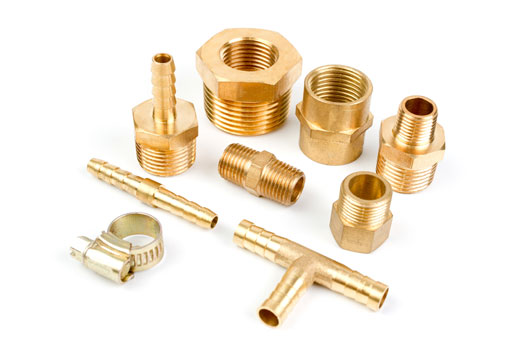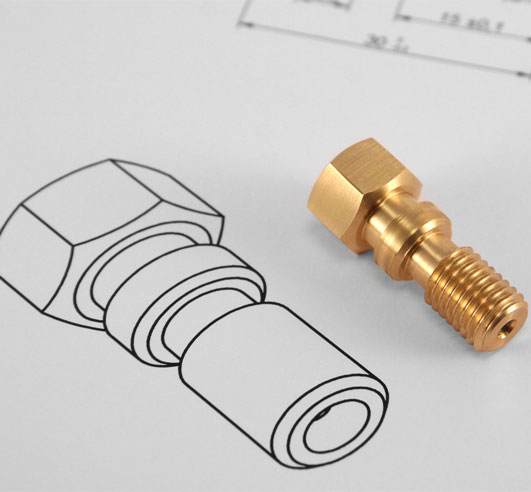CNC (Computer Numerical Control) machines have revolutionized the manufacturing industry, enhancing productivity while ensuring precision and intricacy in production processes. However, with this technological advancement come various costs. This article will delve into the nitty-gritty of CNC machine costs, shedding light on initial, operational, and maintenance costs crucial for budgeting and decision-making.
Initial Purchase Cost
The first cost to be considered when acquiring a CNC machine is the initial purchase cost. This is highly variable, largely depending on the type and complexity of the machine. For instance, a simple 2-axis CNC lathe might barely dent your budget, with prices starting from $10,000. On the other extreme, multi-axis CNC machining centers designed for complex tasks can cost up to a million dollars.
Several specific factors can be considered when gauging the initial purchase cost. Brand reputation, for one, can significantly sway the price. Renowned brands like Haas, Mazak, and DMG Mori typically command higher prices thanks to their perceived superior performance and reliability. Features, capabilities, and the machine's state (new vs. used) also affect the price.
CNC Software Cost
While the machine's price tag is an obvious cost, other less apparent yet essential costs can easily be overlooked. A perfect example is the cost of CNC software, necessary for programming the operations of the machine. The cost of CAD (Computer-Aided Design) and CAM (Computer-Aided Manufacturing) software varies greatly, ranging from thousands to tens of thousands of dollars. Not to mention, there's the cost of software upgrades and licenses to keep in mind.
Operational Costs
CNC machines also present operational costs. Electricity consumption is notable, particularly for businesses aiming to minimize operational costs to maximize profitability. CNC machines, especially those that run round the clock, consume significant amounts of power. It is crucial, therefore, to factor in ongoing electricity costs when projecting the total cost of CNC machine ownership.
Personnel Costs
Employing skilled labor to operate and oversee the CNC machines is another cost to consider. Hiring aptly trained personnel or investing in training for your current workforce can be quite expensive, given that CNC machine operation and programming require specialized skills.
Maintenance and Repair Costs
Like any piece of machinery, CNC machines undergo wear and tear with continuous use, necessitating regular maintenance and occasional repair. Preventive maintenance costs include lubricants, replacement parts, and contracted maintenance services. On the other hand, repair costs vary widely depending on the specific issue at hand and whether warranty covers it.
Tooling Costs
The primary function of CNC machines is to shape workpieces using different tools. Therefore, tooling costs must be considered in the overall cost of running a CNC machine. These include costs for drill bits, lathe tools, end mills, and other essential cutting tools, all of which need periodic replacement.
As seen, the holistic cost of CNC machines extends beyond the initial purchase price. It is a complex web of interconnected expenses, which should be adequately understood to ensure budgeting accuracy and profitable operations. Therefore, in planning to adopt CNC technology, manufacturers and businesses should be keen to consider each of these costs genuinely. This approach will ensure they can correctly anticipate total expenses, properly budgeting for the machines, and therefore striving towards sustainable, productive, and profitable operations.
cnc machine cost







